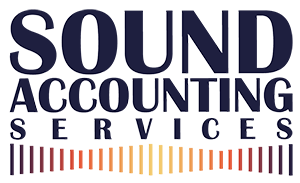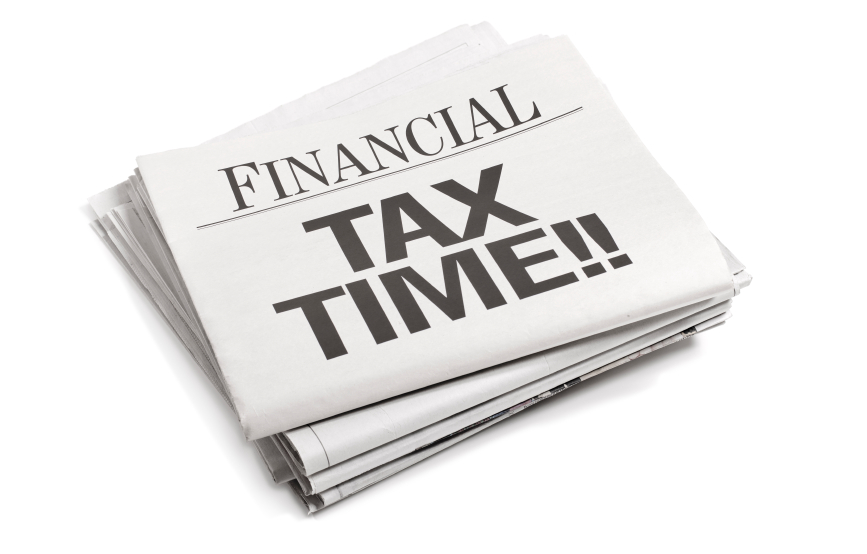How much tax will you pay on your income in 2017/18?
Higher tax allowances and rate bands
The increases in rate bands and allowances for the new tax year are more generous than they have been for some time. For 2017/18 the personal (tax-free) allowance will increase by 4.5% from £11,000 to £11,500, while the amount of income you can receive and be taxed on at the basic rate rises by 4.7% from £32,000 to £33,500. The bad news is that changes to the NI limits could increase contributions that will eat into the tax savings.
NI contributions
For 2017/18 the NI threshold, that’s the point at which you (and your company) start to pay NI on salary, increases to £8,164 per year. That’s an increase from 2016/17 rates of just £52 for employers and £104 for directors and employees (0.65% and 1.3% respectively). What’s more, the amount on which the higher rate of NI applies increases significantly to £45,032 per year from £42,484; a rise of 6%.
What effect will the changes have?
The greatest effect will be on directors (or employees) with a salary of £45,000 or more in both 2016/17 and 2017/18. They’ll save £500 tax over 2017/18, but willpay extra NI of £239, meaning that their net saving is only £261. The tax changes, of course, have no direct effect on the company’s tax position, while those for NI result in a saving of just £7 per year (see The next step ).
Only salaries are affected
The good news is that you can take advantage of the tax savings while dodging the NI increases.
Tip. By keeping your salary from your company at or below the NI upper limit which applies for the current year (2016/17), you won’t be affected by the NI increase. In fact, you can reduce your NI bill by about £12. Not much of a saving, but when added to the tax saving it pushes the total reduction in the amount payable to HMRC for 2017/18 to £512.
Dividends not salary
To maximise the savings from the increased tax allowances and rate bands for 2017/18 you’ll need your income to reach at least the £45,000 mark (but not more than £100,000). Obviously you shouldn’t achieve this by increasing your salary as this will result in the higher NI contributions. Taking extra dividends will work fine.
Low salary strategy
If, like many director shareholders, you set your salary just below the NI contributions threshold and take the remainder of your income from your company as dividends, so you don’t trigger contributions, you can increase your pay to £8,164 for 2017/18.
Tip. If, in 2017/18, the only income you receive is from your company, the maximum tax saving from the new tax rate bands is achieved with a salary of £8,164 plus dividends of at least £38,836.
Reproduced with the permission of Indicator – FL Memo Limited. For subscription information call 01233 653500;

